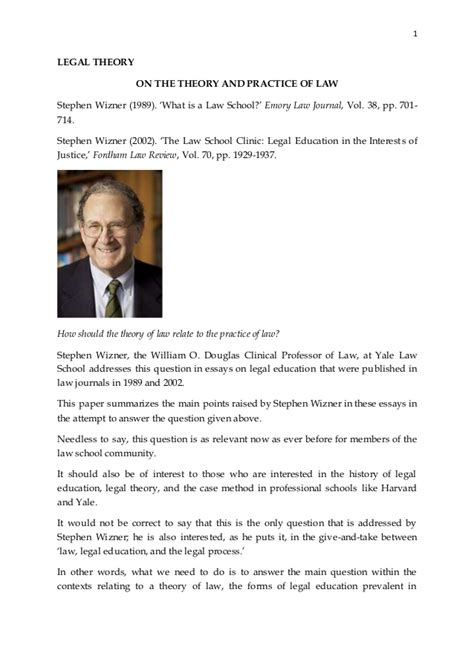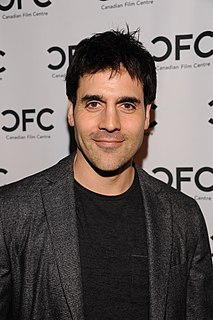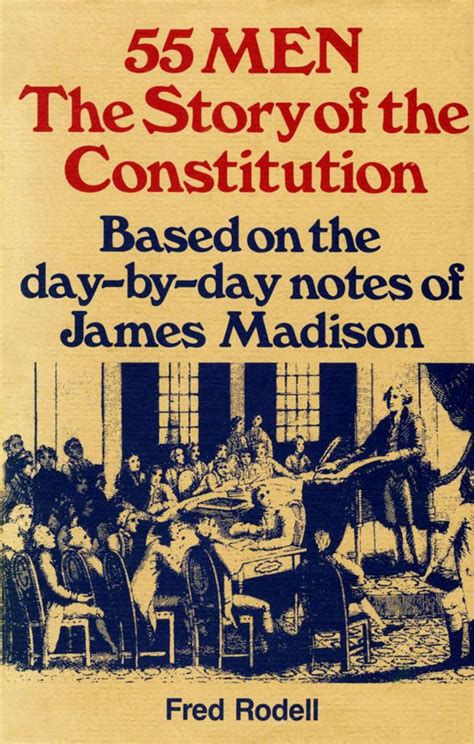A Quote by Agatha Christie
Related Quotes
Educating Lawyers succeeds admirably in describing the educational programs at virtually every American law school. The call for the integration of the three apprenticeships seems to me exactly what is needed to make legal education more professional, to prepare law students better for the practice of law, and to address societal expectations of lawyers.
Most lawyers aren't trial lawyers. Most lawyers, even trial lawyers, don't get their problems solved in a courtroom. We like to go to court. It seems heroic to go to court. We think we're the new, great advocates, better than anything we've seen on TV, and we come home exhilarated by having gone to court.
Lawyers have their duties as citizens, but they also have special duties as lawyers. Their obligations go far deeper than earning a living as specialists in corporation or tax law. They have a continuing responsibility to uphold the fundamental principles of justice from which the law cannot depart.
I practiced law for 10 years, and I always admired the lawyers who were not afraid to take unpopular cases. And I never had the guts to do that. I was playing it safe. I was trying to make a living. And I just never volunteered for a really tough case, and there were some of them I should've taken. And I admired the lawyers who did.
The law is only one of several imperfect and more or less external ways of defending what is better in life against what is worse. By itself, the law can never create anything better. Establishing respect for the law does not automatically ensure a better life for that, after all, is a job for people and not for laws and institutions.
The Lawyers' trade is a trade built entirely on words. And so long as the lawyers carefully keep to themselves the key to what those words mean, the only way the average man can find out what is going on is to become a lawyer, or at least to study law, himself. All of which makes it very nice -- and very secure -- for the lawyers.
The reason the lawyers lead the line to the guillotine or the firing squad is that, while law is supposed to be a device to serve society, a civilized way of helping the wheels go round without too much friction, it is pretty hard to find a group less concerned with serving society and more concerned with serving themselves than the lawyers.




































